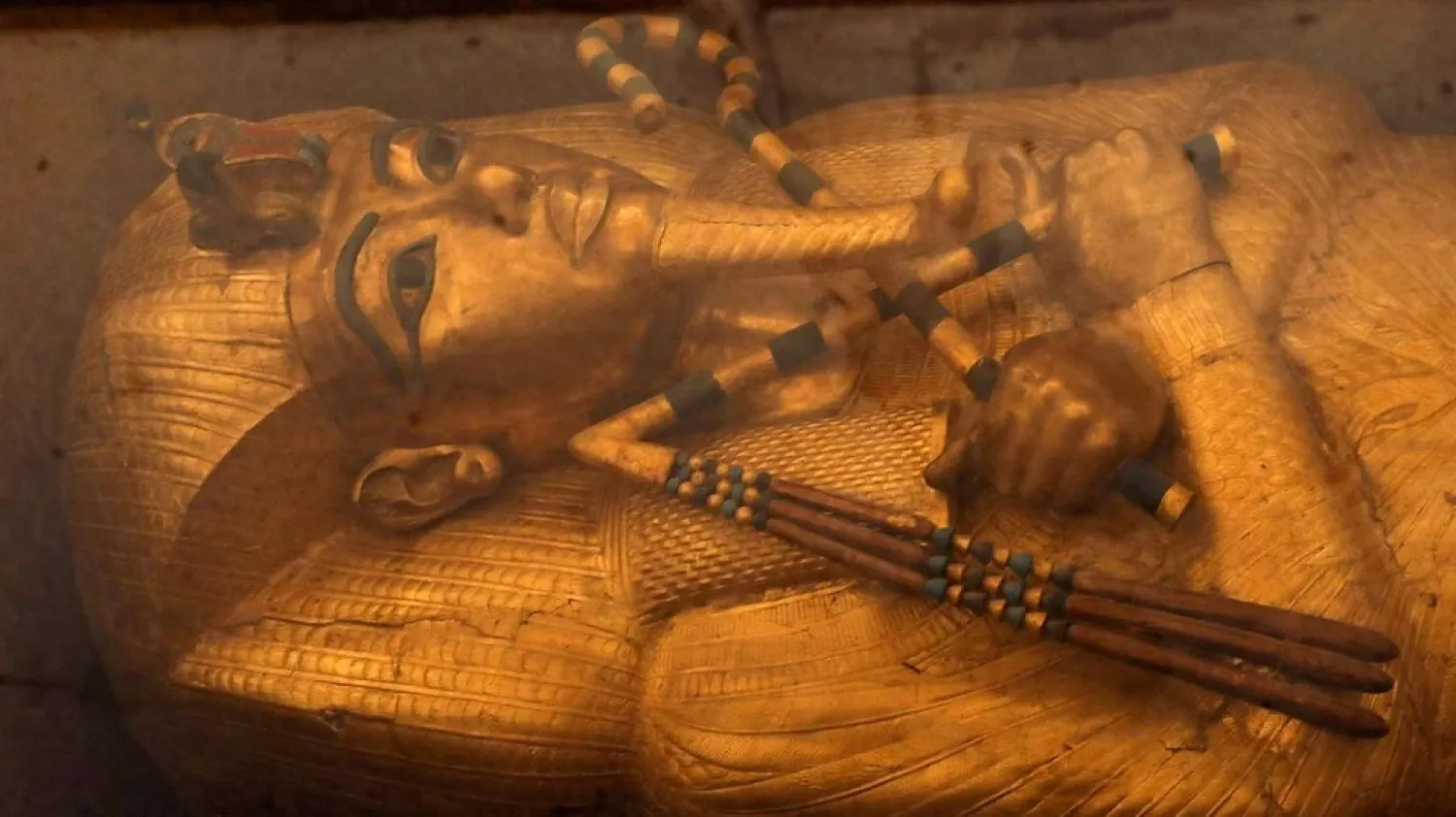A new Italian study has identified the source of the wood used to make coffins in Ancient Egypt.
In the study published in the latest issue of the Italian Journal of Cultural Heritage, a research team from the Egyptian Museum in Florence analyzed two groups of coffins preserved in the museum in order to collect more information about the wood used in their construction, and possible origin.
The two groups of coffins belong to burials during the XVIII Dynasty of the New Kingdom and the XXI Dynasty of the Third Intermediate Period.
The study showed that the latter group comes from the well-known tomb of Bab el-Gasus. The analysis confirms that the most frequently utilized timber for the ancient Egyptian wooden coffins was Ficus sycomorus L. (sycamore fig) that was widely available locally at the time of construction. Although the sycamore fig wood is light and easy to process, it is resistant especially when submerged in water. It is the only local tree species suitable for making boards of sufficient length for the sides of coffins.
In contrast, the precious softwood of Cedrus cf. libani (probably Lebanon cedar) largely appears in the coffins of the New Kingdom.
According to the study, the comparison of the woods from the analysis of the two groups of coffins reveals important information on the workmanship skills, the higher social status of the deceased in more ancient periods, and the socio-economic situations in the different dynasties of Ancient Egypt.
The study suggested that the worst socio-economic situations drastically reduced the availability of fancy wood like Cedrus cf. libani during the XXI dynasty period, and increased the use of sycamore fig.
"The results of this study highlight commercial ties between Ancient Egypt and the Levant," Dr. Mohammed Fathi, professor of Egyptology at Al-Minia University, told Asharq Al-Awsat.
“It might also support the findings of a German study published in 2017, in the journal Nature Communications. The study analyzed the genome of Ancient Egyptians and compared it with the genome of modern Egyptians, and found that Pharaos' had Levantine origins, not African like the current Egyptians.”









